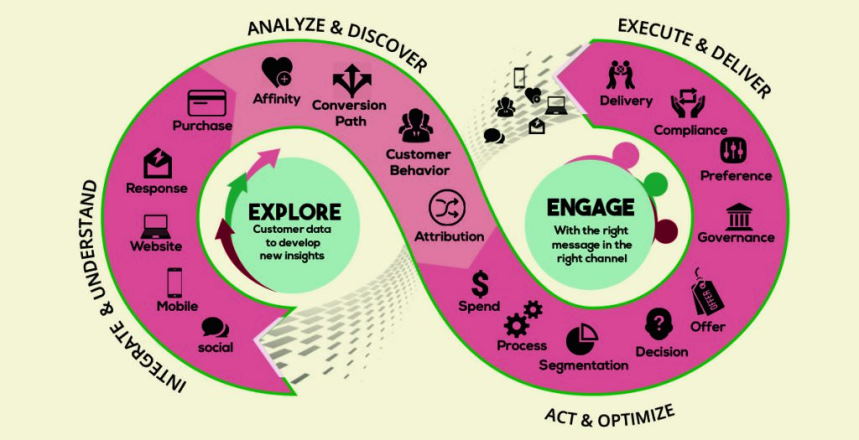
Making data-driven decisions is essential for your business if you want to see continued success. By analyzing your audience and customer trends, you can determine what marketing strategies will be most effective for reaching new customers and retaining the ones you have. In this blog post, we’ll explore some helpful insights for making data-driven decisions for your marketing. So read on to learn more!
The advantages of data-driven marketing decision-making
- Increased accuracy: Data-driven marketing decisions are based on actual consumer behavior rather than assumptions or guesses about what consumers want or need. This increase in accuracy can lead to more effective marketing campaigns and a higher return on investment.
- Greater insights: By analyzing data, marketers can gain valuable insights into consumer behavior that would otherwise be unavailable. This information can be used to make better-informed marketing strategies and tactics decisions.
- More efficient use of resources: Data-driven marketing decision-making allows marketers to focus their efforts on the most effective channels and strategies, leading to more efficient use of resources.
- Increased customer satisfaction: When marketing decisions are based on data, customers are more likely to be satisfied with the campaigns they receive. This leads to increased loyalty and brand advocacy.
- Greater ROI: Ultimately, data-driven marketing decision-making leads to a higher return on investment for marketers, as they can produce more effective campaigns that generate more sales and revenue.
How to use data to make smarter marketing choices
Data can help you make smarter marketing choices by providing insights into your target audience, their behavior, and how they interact with your brand. By understanding your audience, you can develop more targeted and effective marketing strategies that engage them deeper and ultimately lead to conversions.
However, data is only as valuable as its interpretation of it. To get the most out of your data, you need to know how to analyze it properly and draw actionable conclusions from it. This can be a challenge for many marketers, but with the right tools and approach, it’s possible to glean valuable insights that will help you make better marketing decisions.
Here are some tips on how to use data to make smarter marketing choices:
- Identify your goals
Before using data to inform your marketing decisions, you must first identify your goals. What are you trying to achieve with your marketing efforts? Once you have a clear goal in mind, you can start to look for data that will help you achieve it.
- Collect data from multiple sources
Data is everywhere, so it’s important to collect it from as many sources as possible. This will give you a more well-rounded view of your target audience and their behavior. Look for data from social media platforms, website analytics, surveys, and customer feedback forms.

- Analyze the data
Once you have collected the data, it’s time to start analyzing it. Look for patterns and trends in the data that can help you understand your target audience better. Try to answer questions such as: Who are they? What do they like? What do they dislike? What motivates them?
- Develop targeted marketing strategies
Once you understand your target audience, you can develop targeted marketing strategies that are more likely to engage them. Personalization is a great way to appeal to your target audience and get them to interact with your brand on a deeper level.
- Test and measure results
Finally, don’t forget to test and measure the results of your marketing efforts. Data can help you track your progress and see if your marketing strategies are working. Adjust your strategies as needed based on the results you see.

